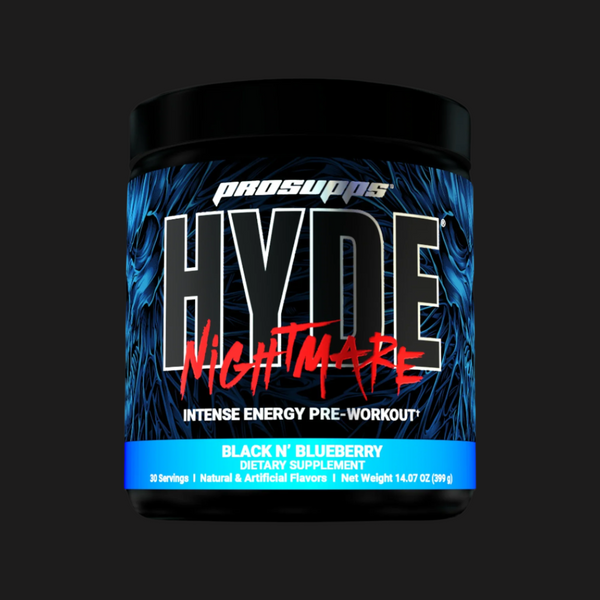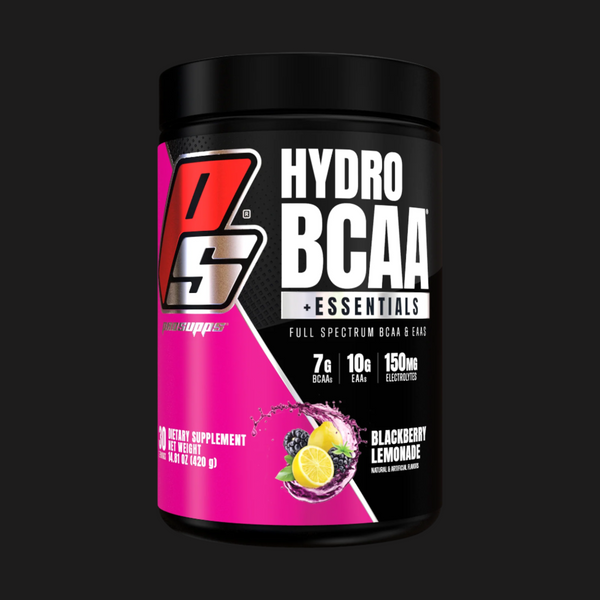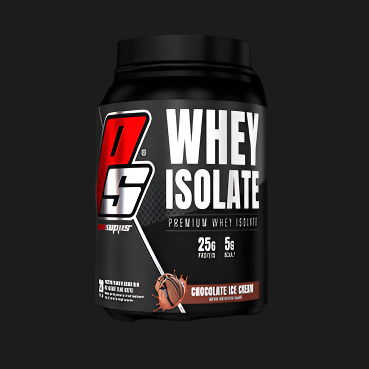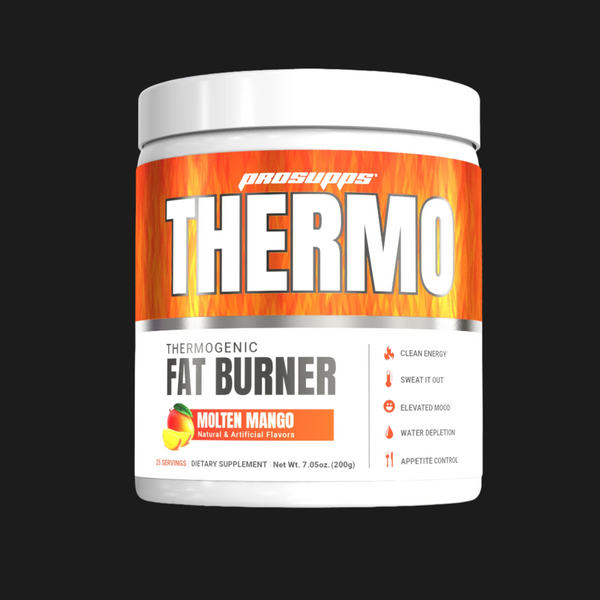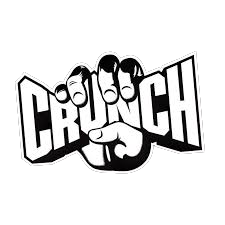
Top 9 Tips to Help You Get Lean in the New Year
 Written by Guy Gustafson
Written by Guy Gustafson February 18, 2021
The new year is finally here. That means it’s time to say goodbye to 2020 (thank goodness!) and set some new health and fitness goals!
If you’re like 51 percent of Americans, one of your goals is to lose weight in 2021.
Do you need help getting lean (and staying lean)? If so, keep reading. Listed below are 9 tips to implement today so you can shed extra body fat and feel great.
1. Count Calories
If you’re trying to get lean and lose fat, there’s one rule that you absolutely must follow: Eat fewer calories than you’re burning. This is known as eating in a calorie deficit.
A lot of people think they’re eating in a calorie deficit when they’re actually not. They might be eating technically healthy foods, but if they’re eating those foods in large quantities, they’re not going to see the kinds of results they’re hoping for.
To avoid falling into this trap, count calories and track your food intake. There are lots of apps that make it easy for you to log your food and see how much you’re eating each day.
2. Weigh Your Food
Another common mistake people make when dieting is eyeballing and estimating their portion sizes. They might be tracking their food, which is a good first step, but they might also be guessing at how much food they’re tracking, which holds them back from seeing progress.
For example, you might just pour some oatmeal into a bowl and then track it as 100 grams (3.5 ounces). In reality, you could be eating closer to 150 grams (5.29 ounces). If you do this often enough, you could easily find yourself eating hundreds of extra calories per day without realizing it!
To get the most accurate calorie numbers, weigh your food using a food scale. This helps you ensure that the number of calories you’re tracking matches the numbers you’re consuming.
3. Prioritize Protein
When it comes to getting lean, calories are king. However, if you want to make sure you’re maintaining (or even gaining) muscle mass while also losing fat, it’s also important to pay attention to your macronutrient intake.
Macronutrients are nutrients that your body needs in large quantities to function properly. There are three macronutrients: Protein, carbohydrates, and fat.
Of the three macronutrients to monitor, protein is arguably the most important. If you’re not eating enough protein, you’ll be more prone to muscle loss.
Remember, even if you lose weight because you’re eating in a calorie deficit, low protein intake could cause you to have a higher body fat percentage and reduced muscle mass. This is sometimes described as being “skinny fat.”
So, how much protein do you need? A good goal, especially if you’re interested in maintaining or gaining muscle, is to aim for about 1.6 grams (0.5 ounces) of protein per 1 kilogram (2.2 pounds) of body weight.
4. Focus on Fiber
Fiber is not a macronutrient, but it’s still an essential one, especially for those who want to get lean.
Fiber is a plant-based nutrient and a special type of carbohydrate. It’s different from other carbohydrates because it’s not broken down into sugars during the digestive process.
Fiber supports proper digestion and can help with weight management. When you eat an adequate amount of fiber, you’ll likely find that you’re less hungry and have an easier time resisting cravings.
What is an adequate amount of fiber? For men, 38 grams (1.3 ounces) is a good goal to try and hit. For women, 25 grams (0.88 ounces) is recommended.
There are lots of ways you can hit your daily fiber goal while dieting. Some good foods to keep on hand include beans, whole grains (bread, oatmeal, etc.), nuts, and berries.
5. Stay Hydrated
Focusing on hydration is also essential when you’re trying to get lean.
If you’re dehydrated, you’ll be more likely to have cravings, especially for sugary foods. Water also naturally suppresses the appetite and can prevent you from overeating, especially when you drink a glass or so before a meal.
The National Academies of Science, Engineering, and Medicine have recommended 2.7 liters (0.71 gallons) of fluids for women and 3.7 liters (0.97 gallons) for men.
Water is going to be the most hydrating option, of course. However, you can also hit your hydration goal with other fluids, such as herbal tea, milk, or broth.
When you’re focusing on hydration, make sure you’re also prioritizing electrolytes. Electrolytes are minerals like sodium, potassium, and magnesium that carry electrical charges and support optimal hydration.
6. Lift Weights
It’s easy to assume that you should spend hours running on the treadmill every day if you want to get lean. In reality, though, you’ll see more benefits, especially in the long-term, if you focus on lifting weights instead.
Lifting weights helps you to maintain and build muscle. When you increase your muscle mass (or at least make an effort to maintain the muscle you have), you can also increase your metabolism.
A faster metabolism helps you to burn more calories when you’re working out and when you’re just going about your day. This allows you to eat more calories, too, even when you’re dieting and in a calorie deficit (and who doesn’t want that?).
7. Increase NEAT
NEAT is short for Non-Exercise Activity Thermogenesis. It refers to all of the calories you burn when you’re not intentionally exercising. This includes calories burned when you’re climbing the stairs, cleaning the house, walking to the mailbox, etc.
It’s great to work out when you’re trying to get lean. If you exercise for an hour and then are sedentary for the other 23, though, you’re going to have a harder time seeing results and feeling your best.
Try to increase the amount of non-exercise activity you get each day. You could park farther away from the grocery store or the office, for example,or take the stairs instead of the elevator.
These little efforts might not seem like a lot, but they add up. When you do them on a regular basis, you’ll be able to burn more calories without having to tack more time onto your workouts.
8. Get Enough Sleep
This tip might seem a little strange at first. However, making sleep a priority makes a big difference when you’re trying to lose fat and burn as many calories as possible during the day.
When you don’t sleep well, your body’s levels of the hunger hormone, ghrelin, increase. This can lead to increased appetite and more cravings. This combination, in turn, will likely cause you to overeat.
Poor sleep lowers your metabolism, too. One study found that men who were kept awake for 24 hours in a row had a resting metabolic rate (or RMR) that was 5 percent lower than it was after a normal night’s sleep. The results also showed that, after eating, the men’s metabolic rate was 20 percent lower.
One of the best ways to improve your sleep quality and quantity is to create and stick to a sleep routine. Set a bedtime for yourself and aim to wake up at the same time each day. Avoid blue light exposure too close to bedtime as well, and try using a sleep supplement if you need a little extra help winding down.
9. Use the Right Supplements
Supplements won’t do the hard work for you. If you want to get lean, you need have to earn it with proper nutrition and consistent workouts. However, supplements can give you an extra push and make it easier for you to achieve your goals.
The following are some of the best supplements to use when you’re focused on fat loss:
- Protein powder: If you struggle to reach your daily protein goal, protein powder can fill in the gaps
- Melatonin: Melatonin can help you to unwind and sleep soundly at night
- Caffeine: On the other end of the spectrum, caffeine can put some pep in your step and give you the push you need to power through your workouts
- Yohimbe: Yohimbe Extract is a fat-burning supplement, found in some pre workout products, that can boost your metabolism and suppress your appetite
- L-Carnitine: L-Carnitine is an amino acid derivative that supports fatty acid metabolism, increases energy, and improves post-workout recovery
Time to Get Lean in the New Year
Are you ready to get lean and feel great in the new year?
If fat loss is one of your new year’s resolutions, these 9 tips will get you there. Keep them in mind as you start making plans!
Be sure to check out some of our other blog posts for additional tips that will help you achieve all your fitness goals.
GET LEAN
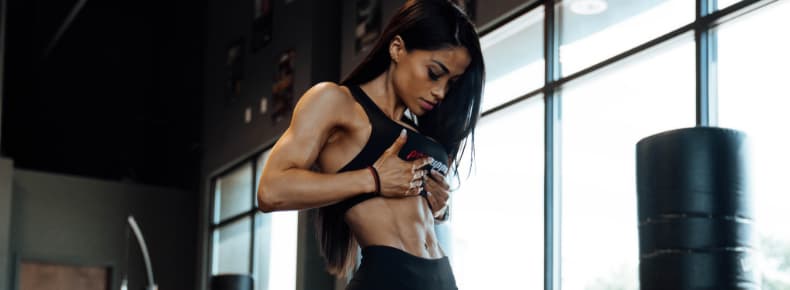 Why You're Struggling
Can't Lean Out? Here's Why You're Struggling
Why You're Struggling
Can't Lean Out? Here's Why You're Struggling
We all know the feeling. You’ve been working hard in the gym, sticking to your diet and getting in your...
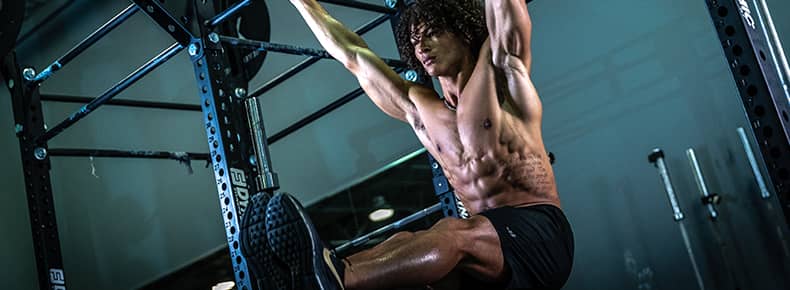 Weight Loss
Choosing the Best Protein Powder for Weight Loss
Weight Loss
Choosing the Best Protein Powder for Weight Loss
Struggling to shed body fat and lean out? You might need to focus more on your nutrition, specifically your protein...
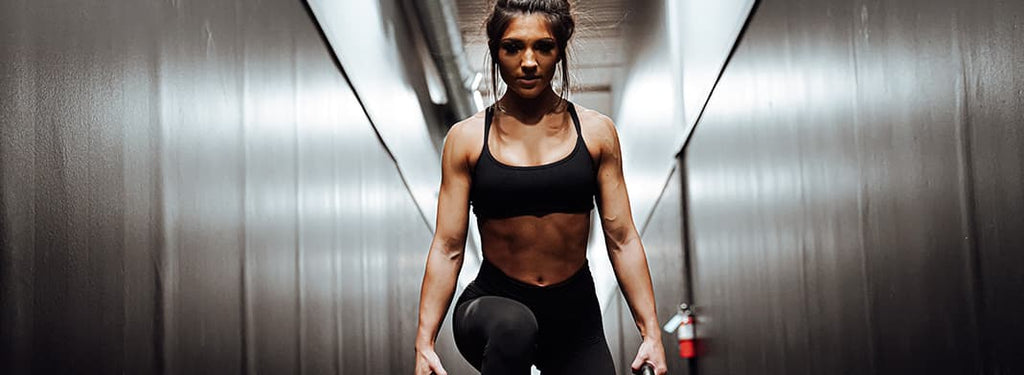 Weight Loss
9 Ways to Speed Up Your Weight Loss and Burn More Fat
Weight Loss
9 Ways to Speed Up Your Weight Loss and Burn More Fat
Weight loss is a major goal for more than 40 percent of Americans. Is it something you’re working toward, too?
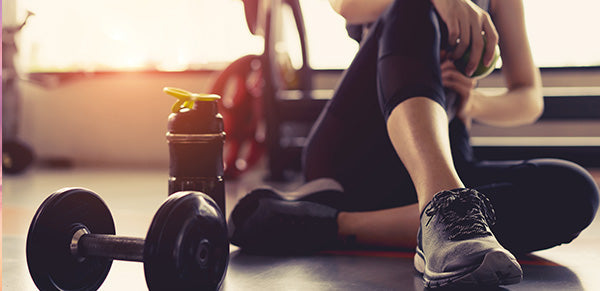 Workout Routine
10 Tips for Building a Sustainable Workout Routine
Workout Routine
10 Tips for Building a Sustainable Workout Routine
Starting a fitness journey is an exciting time, but maintaining a sustainable workout routine can be challenging. From setting realistic...





